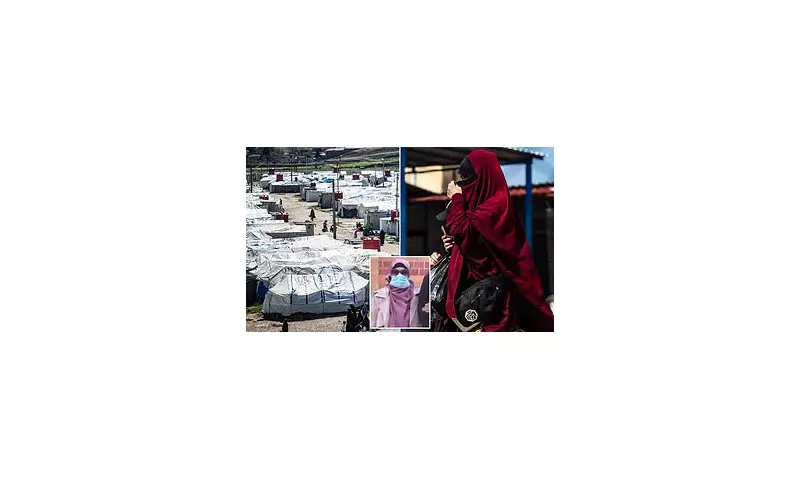
Australia is confronting a fierce international and domestic backlash over its controversial stance on repatriating its citizens from notorious detention camps in northeastern Syria. The nation remains one of the last Western holdouts refusing to bring home women and children with alleged links to ISIS, a policy now branded a 'failure of moral leadership'.
In the desolate Al-Roj camp, conditions are described as dire. Over 60 Australians, the majority of whom are children under the age of ten, are trapped in what human rights groups call an open-air prison. They face extreme heat, malnutrition, and a complete lack of access to adequate education or healthcare.
The Human Cost of a Political Standoff
Among those detained are women like Mariam Raad, wife of infamous ISIS extremist Mohammed Elomar. Their stories highlight the complex human tragedy at the heart of the geopolitical impasse. Advocates argue these women are often victims themselves, trafficked or coerced into travelling to the conflict zone during its peak.
‘These children have known nothing but war and cages,’ stated a representative from Human Rights Watch. ‘Punishing them for the sins of their parents is a violation of international law and basic human decency. Every day they are left there, the trauma deepens.’
The Security Argument vs. The Humanitarian Imperative
The Australian government, led by Anthony Albanese, has consistently cited national security concerns as the primary reason for its non-repatriation policy. Officials fear the potential threat posed by returning individuals and the logistical nightmare of monitoring and reintegrating them.
However, this position is increasingly isolated. The United States, France, Germany, and even the United Kingdom have successfully conducted repatriation missions for their own citizens. Security experts within these nations argue that leaving them in an unstable, radicalised environment is a far greater long-term security risk than a controlled, managed return.
Kurdish forces, who have been guarding the camps, have repeatedly pleaded for Western nations to take back their citizens, labelling the situation a ‘ticking time bomb’.
A Call for Action
With a federal court ruling potentially forcing the government’s hand and a growing chorus of condemnation from the UN and aid agencies, pressure is mounting on Canberra to act. The world is watching to see if Australia will uphold its international obligations or continue its hardline stance, leaving its most vulnerable citizens to an uncertain and dangerous fate.





